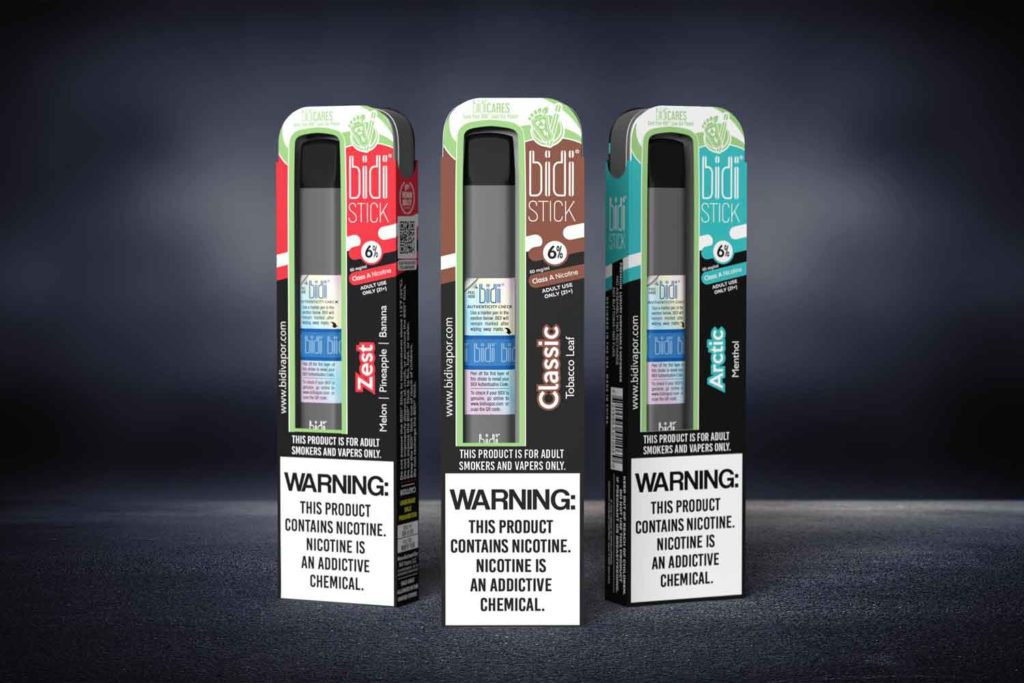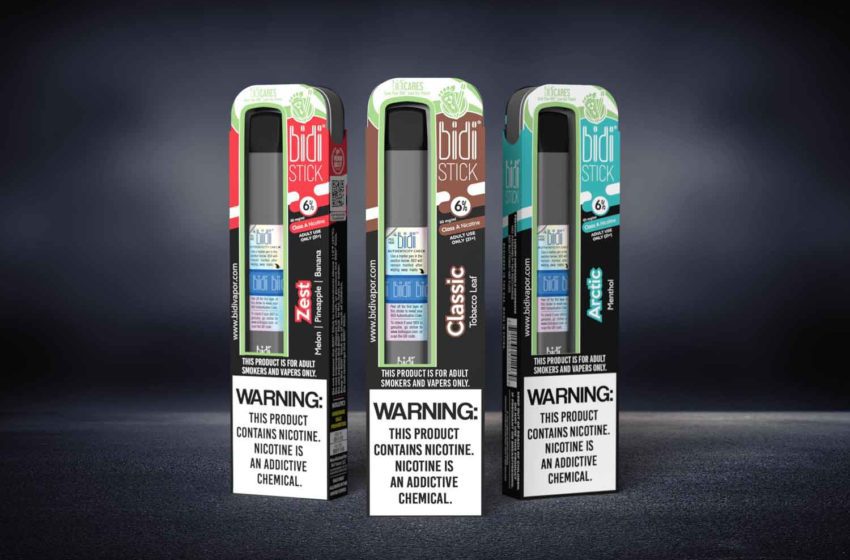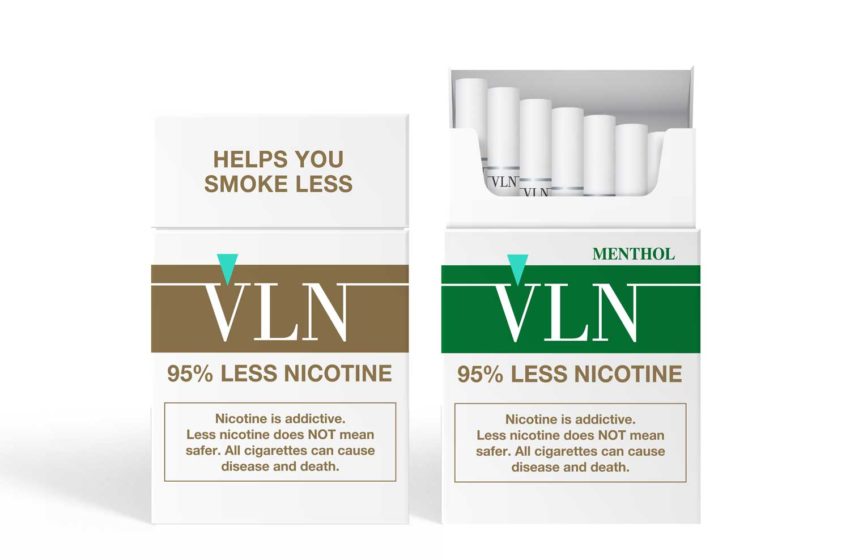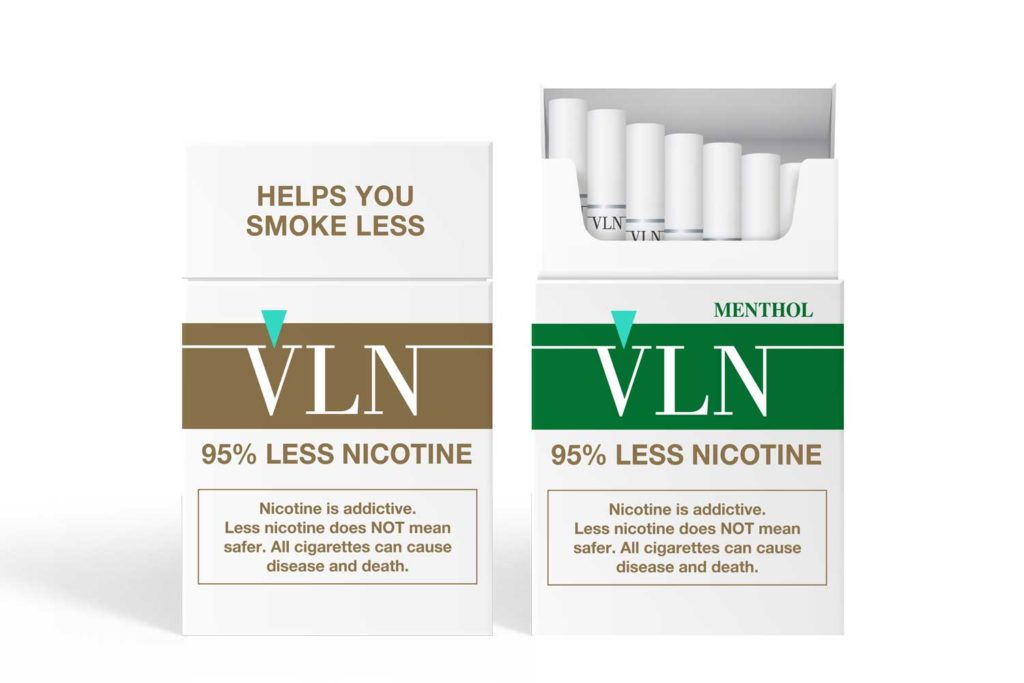
“We are encouraged by growing sales volumes in our second fiscal quarter generated by both established wholesalers and retailers selling the Bidi Stick in new stores, as well as new wholesale and retail accounts being added to our distribution network,” said Kaival Brands CEO Niraj Patel in a statement. “We anticipate the activation of approximately 3,900 new store locations over the next 45 days, including one new major retailer having already placed orders totaling more than $1.1 million.”
According to Kaival Brands, the expansion represents a positive development for the company since the U.S. Food and Drug Administration (FDA) issued its marketing denial order (MDO) to Bidi Vapor this past September, as it did for about 96 percent of all manufacturers of flavored electronic nicotine delivery systems.
In February 2022, the U.S. Court of Appeals for the Eleventh Circuit granted Bidi Vapor a judicial stay of the MDO, pending the resolution of Bidi Vapor’s ongoing merits-based litigation. In effect, the judicial stay means that the MDO, which covered the non-tobacco flavored Bidi Sticks, is not legally in force.
Accordingly, Kaival Brands anticipates marketing and selling all 11 flavored Bidi Sticks, subject to the FDA’s enforcement discretion, while Bidi Vapor continues with its merits case challenging the legality of the MDO.
The FDA has indicated that it is prioritizing enforcement against companies that have either not submitted premarket tobacco product applications (PMTAs), or whose PMTAs have been refused acceptance or filing by FDA, or whose PMTAs remain subject to MDOs.
Patel says he sees signs of growing confidence in the vaping industry as the MDOs for Bidi Sticks and products of several other companies have been placed on hold.
“This was a significant event not only for Kaival Brands and Bidi Vapor, but the entire industry,” said Patel of the court decision. “The judicial stay granted in February allowed us to resume sale of all 11 flavored products in the Bidi Stick lineup. We are eager to return our flavored products to the shelves of retailers that comply with the Prevent All Cigarette Trafficking Act so adult consumers can enjoy their preferred flavors once again. As a result of the judicial stay, we expect revenues to resume an upward trajectory as renewed distribution ramps up and sales of flavored Bidi Sticks increase.
“Additionally, we believe that the FDA’s new authority over products using synthetic nicotine will only bolster Kaival Brands’ market position, as more retailers understand the nearly insurmountable compliance hurdles facing those manufacturers of non-compliant, synthetic products. “
“Products in the vaping industry should be developed and placed in the market under a high degree of supervision, such as the FDA’s PMTA process or the FDA’s drug-approval process,” continued Patel. “We anticipate that as the FDA begins enforcement against illegally marketed and synthetic-nicotine vaping products, there may be an increased demand for compliant and legal vaping products, such as the Bidi Stick.”



















